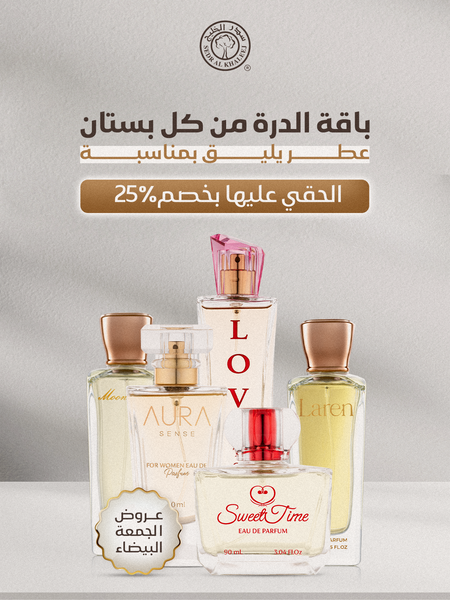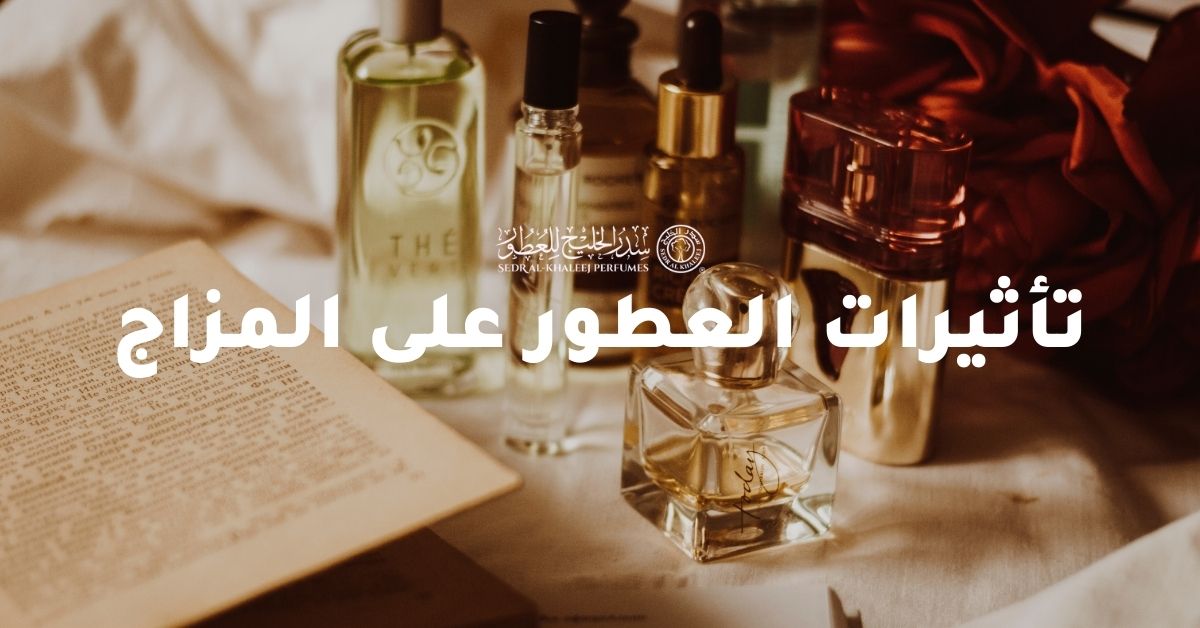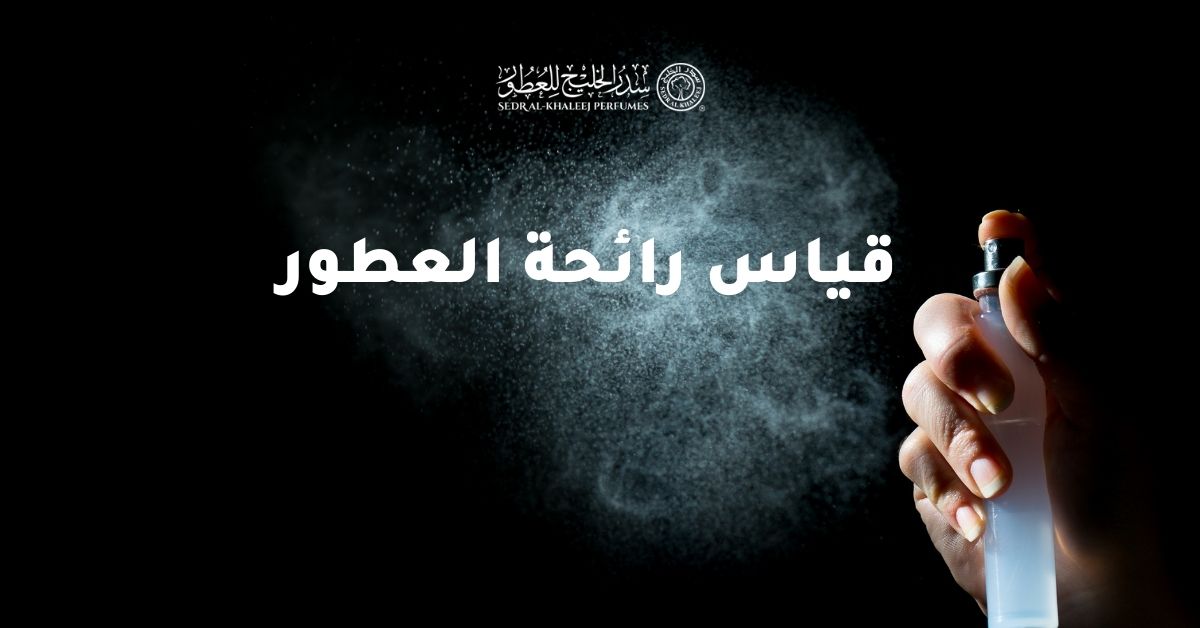Perfumes play an important role in our daily lives. They add a touch of beauty and sophistication to our lives. They also give us a sense of happiness and contentment. The purpose of exploring the history of perfumery . Exploring the history of perfumery can help us understand the importance of perfumes in our lives. It can also give us An insight into the evolution of perfumery over time.
The perfume industry dates back thousands of years, as perfumes were used in ancient civilizations for various purposes. After that, the perfume industry developed significantly over time, as new methods for extracting and mixing essential oils were developed , and new types of perfumes were developed .
In this article, we will take a look at the history of perfumery , from ancient times to the modern era. We will discuss the evolution of the perfume industry and its impact on our daily lives.
Perfumes in the ancient world and their uses
Ancient Egypt and perfumes
Ancient Egypt is the cradle of perfumery , with the history of perfumery in Egypt dating back to approximately 4500 BC. Perfumes were used in ancient Egypt for a variety of purposes, including:
- Religious rituals : Perfumes were used in religious rituals to show respect to the gods, and they were also used in mummification to preserve the bodies of the dead.
- Personal hygiene : Perfumes were used to get rid of unpleasant odors from the body, and they were also used to keep the body’s skin soft and supple.
- Beauty : Perfumes were used to decorate and improve body odor. They were also used to treat some diseases, such as headaches and colds.
Ancient Egypt was a source of many essential oils , such as sandalwood, amber, musk, and rose. Ancient Egypt was also home to many experts in perfumery , who developed new methods of extracting and blending essential oils .
Perfumes in Greek and Roman civilization
The Greek and Roman civilizations were influenced by ancient Egypt in the field of perfumery , as the Greeks and Romans learned from the Egyptians methods of extracting and mixing essential oils .
- Perfumes were used in Greek and Roman civilization for a variety of purposes, including:
- Personal hygiene : Perfumes were used to get rid of unpleasant odors from the body, and they were also used to keep the body’s skin soft and supple.
- Beauty : Perfumes were used to decorate and improve body odor . They were also used to treat some diseases, such as headaches and colds.
- Social communication : Perfumes were used to show interest in others, and they can also help create an atmosphere of affection and understanding.
Greek and Roman civilizations were the source of many essential oils , such as jasmine, lemon, and mint. Greek and Roman civilization was also home to many experts in perfumery , who developed new methods of extracting and blending essential oils .
Indian culture and the art of perfumery
Indian culture is one of the oldest cultures that used perfumes . Perfumes were used in India for a variety of purposes, including:
- Religious rituals : Perfumes were used in religious rituals to show respect to the gods, and they were also used to treat some diseases, such as headaches and colds.
- Personal hygiene : Perfumes were used to get rid of unpleasant odors from the body, and they were also used to keep the body’s skin soft and supple.
- Beauty : Perfumes were used to decorate and improve body odor. They were also used to treat some diseases, such as headaches and colds.
India has been a source of many essential oils , such as rose, jasmine, and agarwood. India has also been home to many experts in perfumery , who have developed new methods of extracting and blending essential oils .
Ancient perfume making techniques
Use essential oils
Essential oils were the primary ingredient in perfumes in the ancient world. Essential oils were extracted from plants through various methods, including:
- Pressing : The most common method of extracting essential oils was pressing, where plants were squeezed to extract the oils from them.
- Distillation : Distillation was also a popular method of extracting essential oils , where plants are heated to release the oils from them, and the oils are then condensed into water.
- Sublimation : Sublimation was a less common method of extracting essential oils, in which plants were heated to a certain temperature that caused the oils to evaporate from them, and the evaporated oils were then collected.
Natural aroma extraction processes
Other natural aroma extraction processes used in ancient perfumery included:
Atomization : Atomization was a common method for extracting aromas from plants, where the plants were dissolved in a solvent, and the solution was then heated to release the aromas from it.
Evaporation : The evaporation method was a common method for extracting scents from plants, as the plants were heated to release scents from them, and then the evaporated scents were collected.
Filtration : Filtration was a popular method of extracting aromas from plants, where the crushed plants were passed through a cloth or filter paper to separate the aromas from other components.
The development of perfumes in the Middle Ages
Perfumes in Islamic civilization
Islamic civilization played an important role in the development of perfumery in the Middle Ages . Muslims were among the first to develop new methods of extracting essential oils , such as the steam distillation method. They also developed new methods of preserving essential oils , such as the pickling method.
- Perfumes were common in Islamic civilization , where they were used for a variety of purposes, including:
- Religious rituals : Perfumes were used in religious rituals to show respect to the gods.
- Personal hygiene : Perfumes were used to get rid of unpleasant odors from the body, and they were also used to keep the body’s skin soft and supple.
- Beauty : Perfumes were used for decoration and to improve body odor.
- Medicine : Perfumes were used to treat some diseases, such as headaches and colds.
Islamic civilization was the source of many essential oils , such as rose, jasmine, and agarwood. Islamic civilization was also home to many experts in perfumery , who developed new methods of extracting and blending essential oils .
Cultural influences on perfumery
Medieval perfumery was influenced by many different cultures, including :
- Islamic Civilization : Muslims developed new methods of extracting and preserving essential oils.
- Chinese Civilization : Perfumes were common in Chinese civilization, where they were used for a variety of purposes, including treatment and beauty.
- Indian Civilization : Perfumes were common in Indian civilization, where they were used for a variety of purposes, including religious rituals and beauty.
Oriental scents and perfumes for ruling dynasties
Oriental perfumes were popular in the Middle Ages, as they were characterized by their strong and distinctive scents. Oriental perfumes were often used in religious rituals and ceremonies.
There were also perfumes specific to the ruling dynasties, which were distinguished by their luxurious and expensive scents. These perfumes were often used to show wealth and power.
European Renaissance and Perfumery
Technical innovations in the perfume industry
The perfume industry witnessed great development during the European Renaissance , as many new technical innovations were developed, including:
- Developing new methods for extracting essential oils , such as the continuous steam distillation method.
- Developing new methods for preserving essential oils , such as storing them in tightly sealed bottles.
- Developing new methods for making perfumes , such as adding alcohol to perfumes .
Discovery of alcohol and its role in perfumes
The discovery of alcohol in the 12th century was one of the most important technical innovations in perfumery . Alcohol was effective in preserving essential oils , and it also added stability and fragrance to perfumes .
The use of alcohol in perfumes became popular in the 14th century, leading to the development of new types of perfumes, such as aquatic perfumes and oil-based perfumes.
The influence of craftsmen and merchants on development
Artisans and merchants played an important role in the development of perfumery during the Renaissance . Artisans were responsible for perfumery , developing new techniques for extracting and blending essential oils .
Merchants were responsible for perfume distribution , as they helped spread perfumes to new areas.
Perfumes in the modern era
The perfume industry has witnessed great development in the modern era, as it has been influenced by many economic, social and cultural factors.
Economic and social impacts on the perfume industry
Many economic and social factors have contributed to the development of the perfume industry in the modern era , including:
- Economic Growth : Economic growth has increased demand for perfumes, as more people can afford them.
- Manufacturing : Industrialization has reduced the cost of producing perfumes , making them more accessible.
- Travel : Travel has increased awareness of different cultures, which has led to increased demand for perfumes that reflect these cultures.
Marketing and product launch changes
Marketing and product launch changes have played an important role in the growth of the perfume industry in the modern era. Companies are using new marketing techniques, such as television ads and online advertising campaigns, to boost their sales. Companies have also begun to introduce new products, such as water-soluble perfumes and alcohol-free perfumes, to meet changing customer needs.
Cultural trends and their impact on scent preference
Perfumery has also been influenced by cultural trends, as perfumes have come to be used to reflect personal and cultural identity. People are becoming more interested in finding perfumes that reflect their personality and style. People are also becoming more interested in perfumes that reflect their culture and heritage.
Modern perfume technology
The perfume industry has witnessed significant development in the modern era, as many new technologies have been developed, such as the utilization of synthetic materials and developments in chemical extraction processes.
Utilize synthetic materials
Synthetic materials have been used in perfumery since the 19th century, initially used to increase the production of perfumes and reduce their costs. As technology develops, synthetic materials become more complex and diverse, and can be used to create entirely new scents.
Synthetic materials are used in perfumery for many purposes, including:
- Create new scents: Synthetic materials can be used to create completely new scents that cannot be found in nature.
- Increase the stability of scents : Synthetic materials can be used to increase the stability of scents, making them last longer.
- Reducing the cost of production : Synthetic materials can be used to reduce the cost of production, making perfumes more accessible.
Developments in chemical extraction processes
Many advances in chemical extraction processes have been developed in recent years, leading to increased extraction efficiency of essential oils .
Among the most important developments in chemical extraction processes:
- Using aqueous extraction techniques : Aqueous extraction techniques are used to extract essential oils using water instead of organic solvents. Aqueous extraction techniques are safer and environmentally friendly than traditional extraction techniques.
- Using Ultrasonic Extraction Techniques : Ultrasonic extraction techniques are used to extract essential oils using ultrasound. Ultrasonic extraction techniques are more efficient than conventional extraction techniques.

The effect of perfumes on the soul and mind
The psychology behind the effect of perfumes
Fragrances are closely linked to emotions and memories, as perfumes can evoke strong emotional reactions in people.
This is because perfumes are directly linked to the limbic system, which is the part of the brain responsible for emotions and memory. When a person smells a scent, it sends signals to the limbic system, triggering memories and feelings associated with that scent .
Perfumes and memory stimulation
Fragrances can help stimulate memory, as they can help associate events and people with scents.
For example, if you wear a certain perfume every time you go on a date with someone, you may associate that fragrance with feelings and memories associated with that person. Next time you smell this perfume, it may bring up memories of that person.
The role of perfumes in improving mood
Fragrances can help improve mood , as they can evoke positive feelings, such as happiness and comfort.
For example, if you're feeling stressed, wearing a fresh, light fragrance may help you relax. Or if you're feeling sad, wearing a warm, creamy fragrance can help you feel comforted.
The possible future of the perfume industry
The perfume industry faces challenges and changes in today's world, such as climate change, environmental trends and changing consumer trends.
Technology and future innovations
Technology is likely to continue to play an important role in the perfume industry in the future. Developments in technology are expected to lead to new innovations in the perfume industry , such as:
- Development of New Smells: Developments in aromatherapy are expected to lead to the creation of entirely new scents that cannot be found in nature.
- Creating more sustainable scents : Advances in aromatherapy are expected to lead to the creation of more sustainable scents, using sustainable materials and environmentally friendly techniques.
- Developing new ways to apply perfumes : Developments in technology are expected to lead to the development of new ways to apply perfumes, such as the use of electronic scents or smart scents.
Changes in perfume consumption trends
Fragrance consumption trends are expected to continue to change in the future. Environmental trends are expected to increase demand for sustainable fragrances . Changing consumer trends are also expected to increase demand for personalized fragrances and customized products.








Leave a comment
All comments are moderated before being published.
This site is protected by hCaptcha and the hCaptcha Privacy Policy and Terms of Service apply.